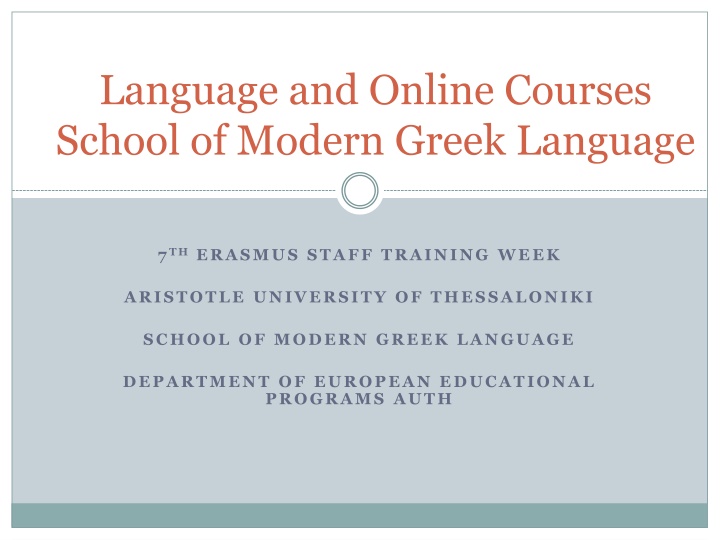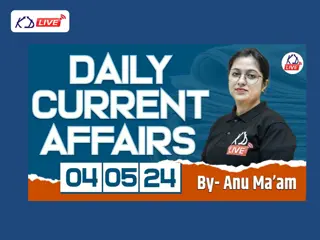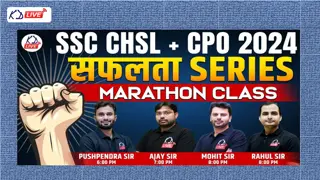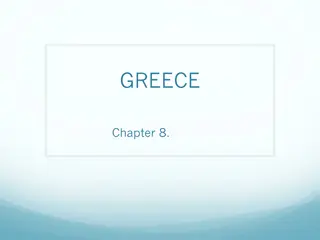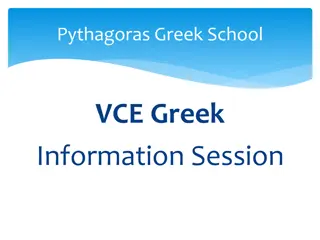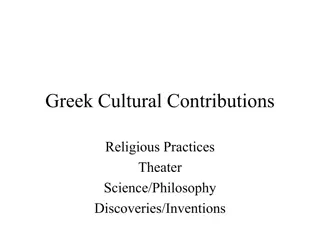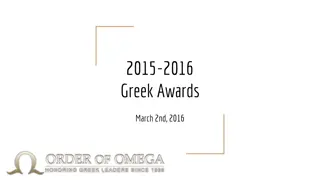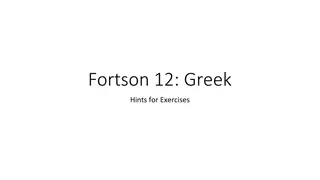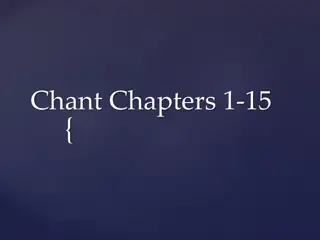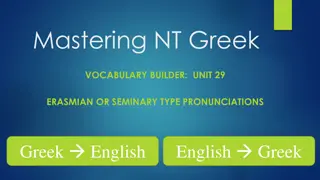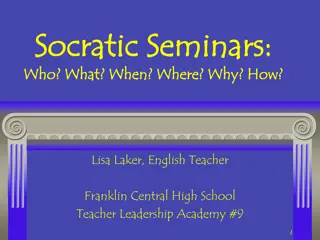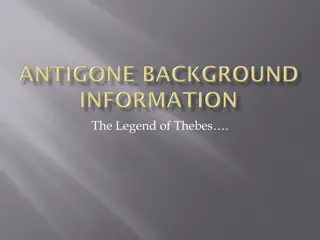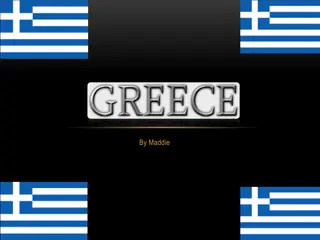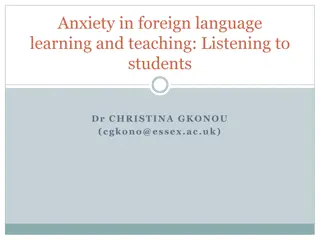School of Modern Greek Language: Courses, Seminars, and Assessment Overview
Explore the School of Modern Greek Language at Aristotle University of Thessaloniki offering language courses, seminars for teachers, and assessment exams. Founded in 1970, the school provides a multicultural environment for students worldwide, emphasizing Greek culture and offering a variety of language programs. Additionally, the school conducts seminars for teachers, participates in educational projects, and hosts exams for Greek language certification. Discover teaching materials authored by experienced teachers and opportunities for students to enhance their Greek language skills through tailored courses and assessments.
Download Presentation

Please find below an Image/Link to download the presentation.
The content on the website is provided AS IS for your information and personal use only. It may not be sold, licensed, or shared on other websites without obtaining consent from the author.If you encounter any issues during the download, it is possible that the publisher has removed the file from their server.
You are allowed to download the files provided on this website for personal or commercial use, subject to the condition that they are used lawfully. All files are the property of their respective owners.
The content on the website is provided AS IS for your information and personal use only. It may not be sold, licensed, or shared on other websites without obtaining consent from the author.
E N D
Presentation Transcript
Language and Online Courses School of Modern Greek Language 7THERASMUS STAFF TRAINING WEEK ARISTOTLE UNIVERSITY OF THESSALONIKI SCHOOL OF MODERN GREEK LANGUAGE DEPARTMENT OF EUROPEAN EDUCATIONAL PROGRAMS AUTH
School of Modern Greek Language Founded in 1970 Under the supervision of the Faculty of Philosophy. Courses in Greek language as a second/foreign language to foreign students and expatriate Greeks. Emphasis on Greek culture (trips to areas of archaeological or natural interest, classes in traditional dances, museum visits, walks in the city). hosts hundreds of students from all over the world, creating a multicultural environment.
Variety of language courses Yearly courses (20 & 10 hours weekly)> for foreign candidate students of AUTh Semester courses for foreign regular students of AUTh Three-month courses > for people working and living in Thessaloniki Monthly intensive summer courses>students all over the world 2 week courses for Erasmus+ students tailor-made courses for specific purposes, e.g. International Summer School of Archaeology and Greek language
Seminars & Training seminars for teachers of Greek as a second/foreign language Online seminars for teachers of Greek Participated in the Erasmus KA project Managing the Refugee & Migrant flows through the development of Educational & Vocational frames for children & adults > trained volunteers to teach Greek to refugees
Assessment of Greek language Exams for the Certificate for the attainment in Greek language (B2 level) a prerequisite for foreign students to enroll in a Greek University Examination centre in Thessaloniki for the exams of the Centre of Greek Language 2018: 2ndyear of the Olympics for the Greek language, inviting students from all over the world to compete in Greek language. The prize is a scholarship to study in AUTH
Teaching materials The teachers are authors of books since 1970 Many titles on Greek as L2 Exam books Syllabus for Greek as L2 Teaching materials for refugees Printed teaching material and online teaching material
OGC: Project Outline Online Language Learning program CEFR A1: absolute beginners A2: false beginners Offered twice a year: before the winter semester and before the spring semester 3 ECTS, then attend courses at the next level of language proficiency
Numbers of Erasmus + students 100 90 80 70 60 2 1 50 40 30 20 10 0 2014 /15 2015/16 2016/17
Structure of the course Duration: 6 weeks 3 Taster days: days of familiarization with the e- learning environment Intensive course: 2 Units per week 2 tutorial sessions per week (web conferencing) Progress & Final Test
Blended Language Learning Synchronous & Asynchronous Learning Synchronous learning takes place in real time/ at the same time, but not in the same place. Asynchronous learning occurs not only in different locations, but also at different times
Three Modules Integrated Learning Content Tutoring sessions Learning Management System
Scoring report Task User tracking assignments Moodle Students forum Announcement forum Quick mail
Learning Content Adobe Captivate software Multimedia learning content: videos, audios, texts & quizzes Attractive & interactive Asynchronous learning Multi-media material integrated into interactive learning objects (learning units)
Learning Content communicative contexts that the Erasmus students will be exposed to e.g. introducing oneself, greeting, buying smth. at the kiosk or the cafeteria, etc. each unit provides assessment the student can see his/her score at the end of each unit and review the quizzes, where he/she had wrong answers.
Online tutoring Web- conferencing twice a week BigBlueButton web conferencing system Online sessions with the participation of a teacher and a small group of students Synchronous learning
Online tutoring Oral production (speaking) through role playing Every session has a learning objective related to the learning unit. Speech practice, vocabulary, pronunciation Feedback by the teacher Communication in person with other students
Evaluation of the course CEFR: A1 & A2 communication at a basic level Exchange information on familiar and routine topics Read, understand and write simple texts The OGC is structured and allows for creative learning. Evaluation of every cycle by the students
